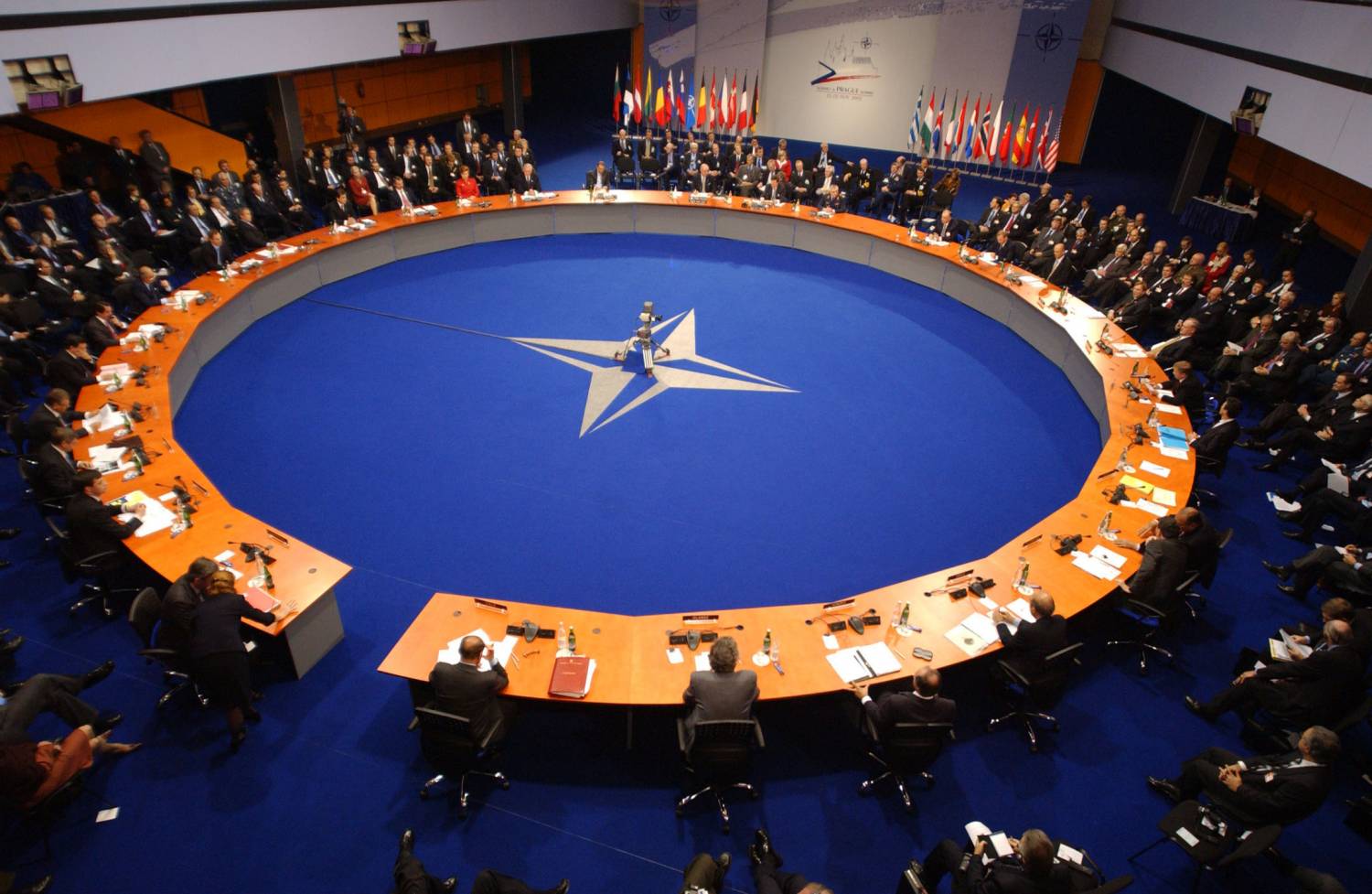The summit of the North Atlantic Alliance in Brussels is one of the most significant events of the beginning of the summer. US President Donald Trump's participation in the event has initially led to a great interest by the entire world community in it, which is likely to determine the vector of further development of NATO for the next years. The military bloc is not experiencing the best of times now, as there are a number of serious contradictions between the allies that require immediate resolution. Three main problems are being discussed in Brussels.
Problem #1: Relations between Germany and Turkey
Relations between Berlin and Ankara, poisoned by the protracted political confrontation, are increasingly having a negative impact on cooperation between the two countries within NATO. As is known, recently Ankara once again banned a group of Bundestag deputies from visiting Bundeswehr troops stationed at the Incirlik air base. About 260 German soldiers are stationed at Incirlik, located a hundred kilometers from the Syrian border, as part of the international coalition against ISIS (a terrorist organization banned in Russia). From there, the Germans operate reconnaissance flights, as well as aerial refuelling mission of allied aircraft. Ankara has its own issues with many Bundestag deputies. Some of them are sympathetic to the PKK and other terrorist Kurdish factions waging war against the Turkish state, others are suspected of supporting a failed coup in the summer of 2016. Finally, the Turks did not forget the German Bundestag's recognition of the 'Armenian genocide'. As a result, Ankara's attitude to many members of the German parliament, to put it mildly, is spoiled.
On the other hand, German army is accountable to the parliament, and the ban of deputies from visiting the the Incirlik military base is a very diplomatic slap in the face of Germany. Berlin threatens to withdraw its soldiers from Turkey, President Erdogan's reaction to which was quite calm, he wished the Germans a happy journey. Thus, the ball is again in the German's court, and Chancellor Angela Merkel announced serious talks on this topic with the Turkish leader at the summit in Brussels. The problem is aggravated by the fact that from the logistic point of view the Incirlik military base is optimal, and NATO standards operate on its territory. Any alternative, including Jordan and Cyprus, is significantly poorer in terms of resources, geography and infrastructure in comparison to Incirlik. Meanwhile, the US is preparing to capture the terror "capital" - the city of Raqqa, and the German-Turkish contradictions are a significant irritant for Washington on the eve of the military operation, which is so important for Donald Trump.
Problem #2: The Americans relying on the Kurds
The development of the US-Turkish relations in recent years have not been satisfactory as well, and the Turkish authorities do not hide their great disappointment with the former administration of the White House. After the election of Donald Trump, the Turkish president hoped he might be able to persuade him to abandon arms supplies to the Syrian Kurdish YPG militia and use their help in taking Raqqa. However, during a personal meeting between Trump and Erdogan in Washington, the latter failed to make progress on this issue. American weapons are already supplied to Kurdish militants, and Ankara has promised to provide its own national security without looking at anyone. At the latest, the contradictions between the US and Turkey will seriously worsen once again when American weapons will be used by Kurdish forces against the Turkish army - and it is inevitable.

Problem #3: Europeans do not want to pay
One of the central requirements of both past and present US presidential administration to its European partners in NATO is to increase defense spending to at least 2% of their gross domestic product, as it was, in fact, stipulated at the Welsh summit in 2014. Since then, however, many countries have not made serious progress. Currently, Germany spends just 1.2 % of its GDP on defense, and there is a serious opposition within the country, represented by the Social Democrats, the Lefts and the Greens, to a plan to increase defense spending. Although Chancellor Merkel's conservative bloc of Christian Democrats (CDU) does not renounce the agreements concluded in 2014, but at the same time the ruling party is trying to include expenses, which are not directly related to strengthening the country's military potential, to the defense spending in every possible way - for example, development assistance to third countries as a measures to prevent conflicts.
Strong pacifist sentiment in German society also don't sit too well with their American partners. According to the latest opinion polls, the absolute majority of Germans dislike the idea of the German army helping the Baltic countries in the case of Russia's hypothetical attack. Thus, the fifth article of the NATO treaty actually loses legitimacy on German territory. NATO's accession to the coalition fighting the ISIS also raises serious concerns in Germany. Angela Merkel emphasized that NATO accession to the coalition "in no way means greater military involvement of the alliance in the conflict."
Soon, time will tell whether the US will be able to force the Europeans to pay more for their safety, but it seems that Trump's tight pressure has left the European allies little room to maneuver.






